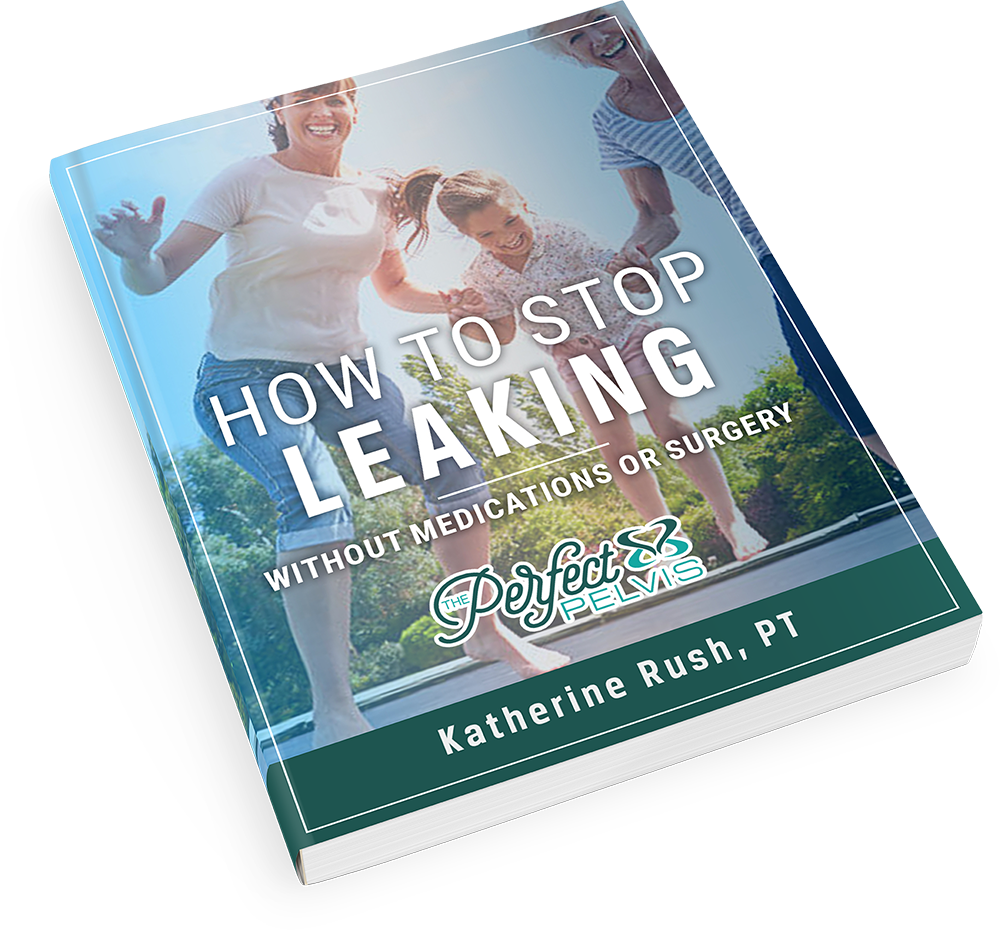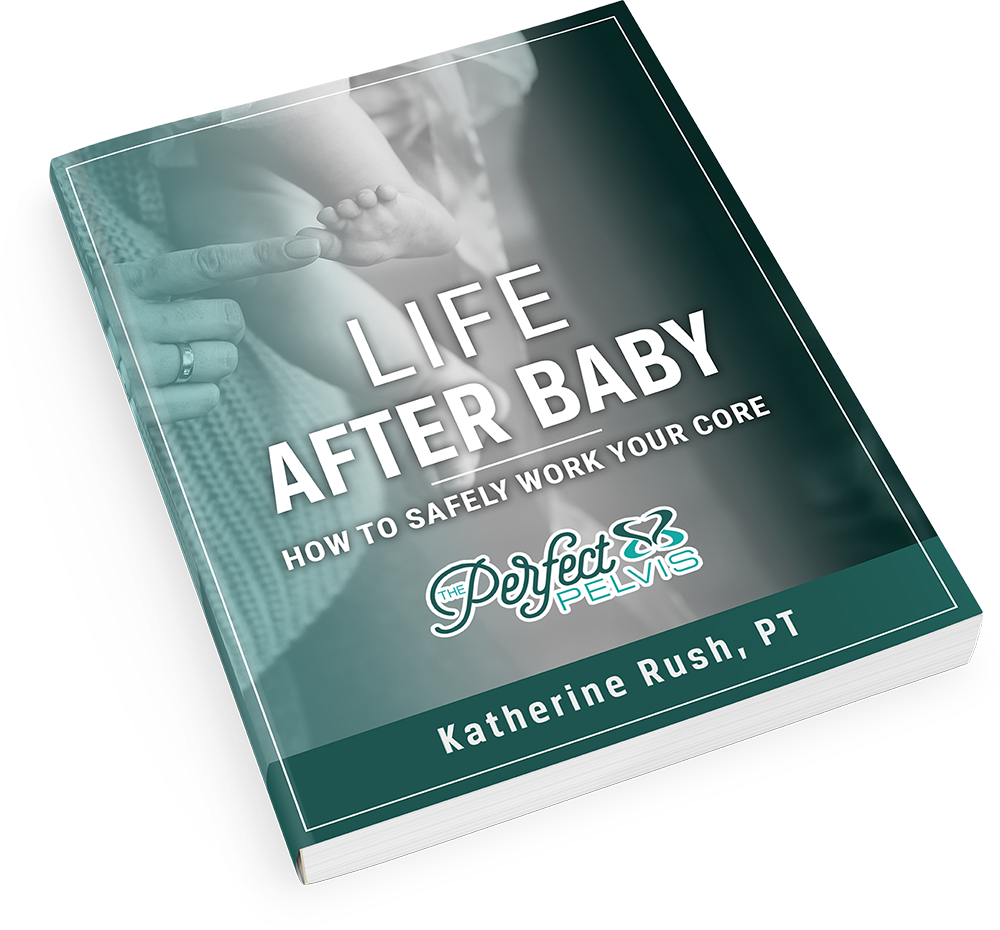In the last couple months, I have had 4 patients who were sent to Mayo clinic to end up diagnosed with pelvic floor dysfunction.
Let me say that again, they were sent to MAYO Clinic and it ended up being pelvic floor dysfunction.
Can you imagine the amount of time and money spent in this process????
These patients underwent unnecessary surgeries, missed significant amounts of work, some having to quit work. And they suffered through significant discomfort and pain for years prior to being sent to therapy.
Much of this pain, suffering and cost could have been minimized if the first doctor they went to, was able to recognize they had pelvic floor dysfunction.
So I am asking for your help.
In this 2 part blog post I’m going to share 9 clues that can help you recognize the symptoms of pelvic floor dysfunction.
My request is that you share these blogs.
You don’t know who you might be helping, and there are literally millions of people who are floating from one doctor to another who are not getting the treatment they need.
If just one person sees this, can recognize the issues they are having and gets treatment right away. It is totally worth your time.
Awareness is the first step. Here are the First 4 clues you may have pelvic floor dysfunction:
Clue 1: Do you leak?
If you leak urine AT ALL, that is an indication of a bladder issue.
- Do you only leak when you cough?
- Do you only leak every once in awhile?
- Did you only leak a little bit?
- Do you only leak a couple times a year?
- Even leaking a small amount infrequently is an indication of pelvic floor muscle dysfunction.
Now I recognize there is not an immediate fix for this problem, but I want you to be able to recognize that it is NOT normal and leaking DOES indicate an issue.
Clue 2: Do you have urgency?
Here are some possible triggers:
- When you get home and your first thought is about going to the bathroom, you put your key in the door and you can’t hold it before you get to the toilet.
- Every time you start to brush your teeth you can’t stop thinking about leaking, maybe you don’t actually leak, but you have a strong urge.
This is also an indication of a problem….even if you don’t leak at all.
Clue 3: Do you have low back pain?
Did you know that 70% of people with low back pain also have pelvic floor dysfunction?
So low back pain by itself does not mean that you have pelvic floor dysfunction.
BUT there is a strong correlation between low back pain and pelvic floor dysfunction.
In some cases, the actual low back pain problem is caused because the pelvic floor muscles aren’t doing their job. Because the pelvic floor muscles aren’t doing their job, the low back muscles have to do extra and then they hurt.
So if you have gone through traditional treatment for low back pain and the pain is not going away, it may be an indication of pelvic floor muscle dysfunction. It is worth getting checked out by a pelvic floor physical therapist.
Clue 4: Do you have constipation?
Okay, I realize that there are many possible causes to constipation and I’ve had other blog articles and social media posts about this.
Just having constipation does not mean that you have pelvic floor muscle dysfunction. However, if it feels like you cannot fully empty your your bowels, or you are also having abdominal tightness, it may be pelvic floor dysfunction.
Generally the best course of action for constipation is to make sure that any food sensitivities or intolerances have been addressed first and if constipation persists, it may be a good idea to have the pelvic floor evaluated.
Thank you so much for reading this article and please take a minute to share this with someone you care about or on your social media. And if you have experience with any of these symptoms and feel comfortable sharing your story, please do that too!
Knowledge is power. Awareness is the first step.
Katy








